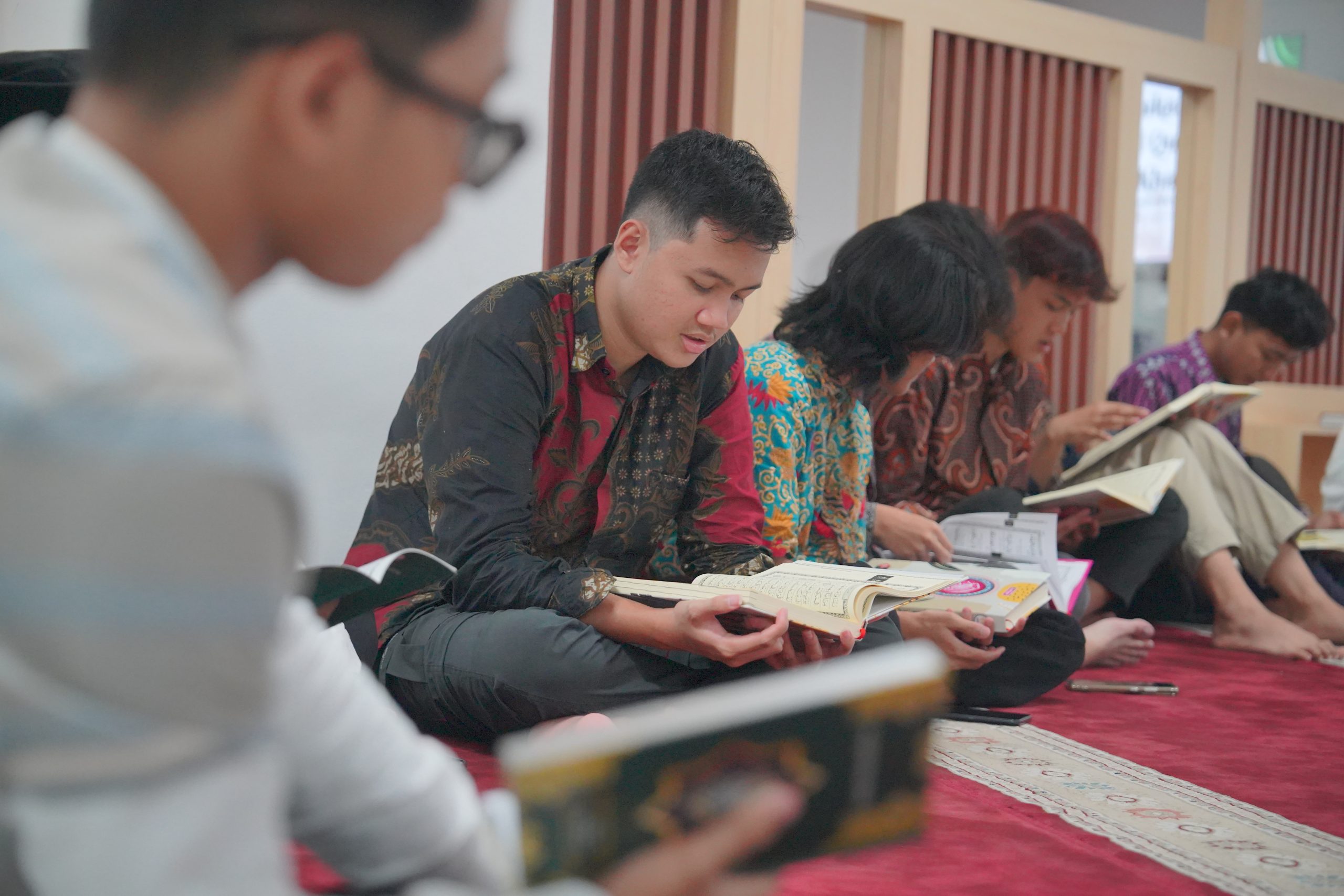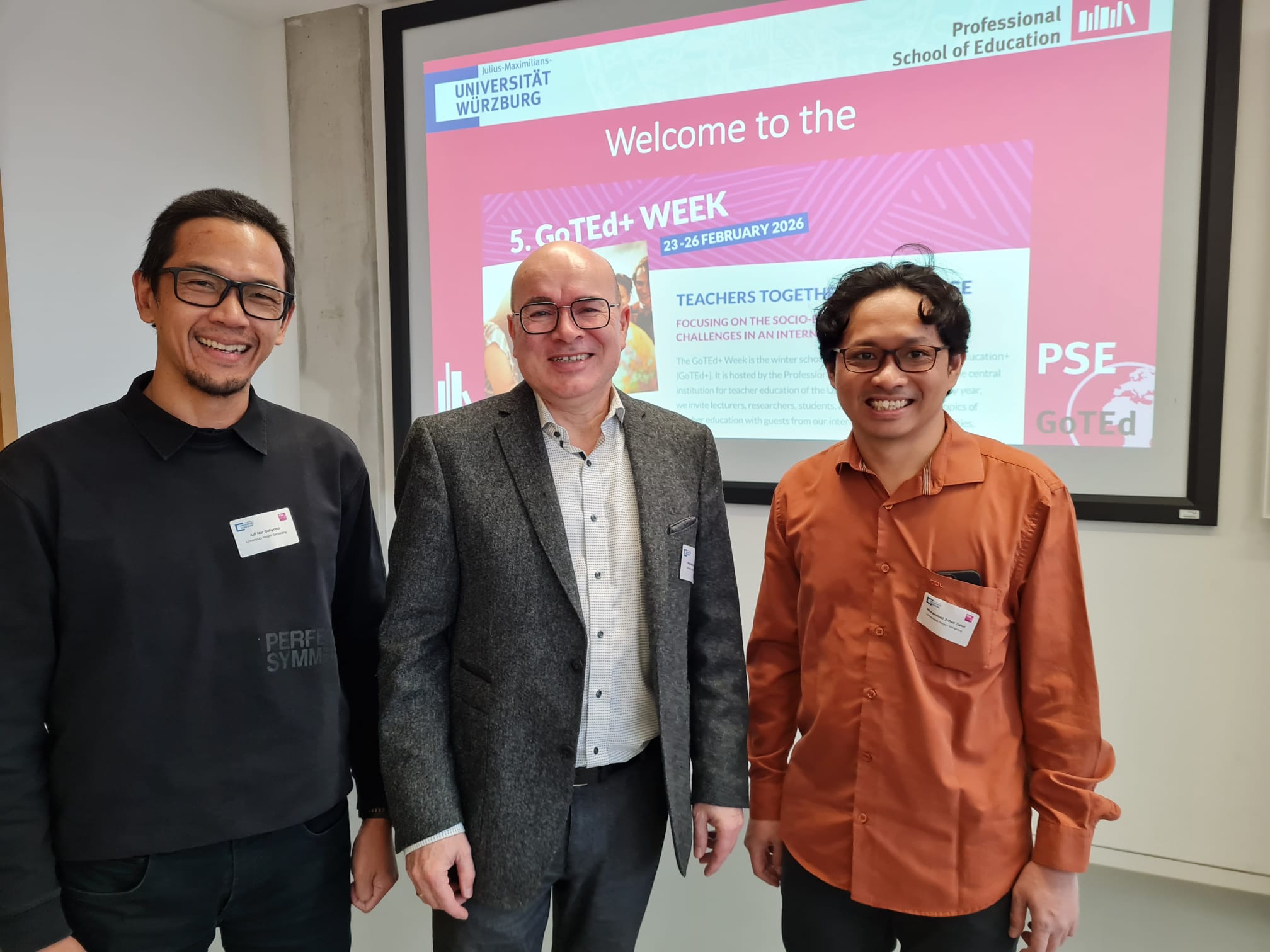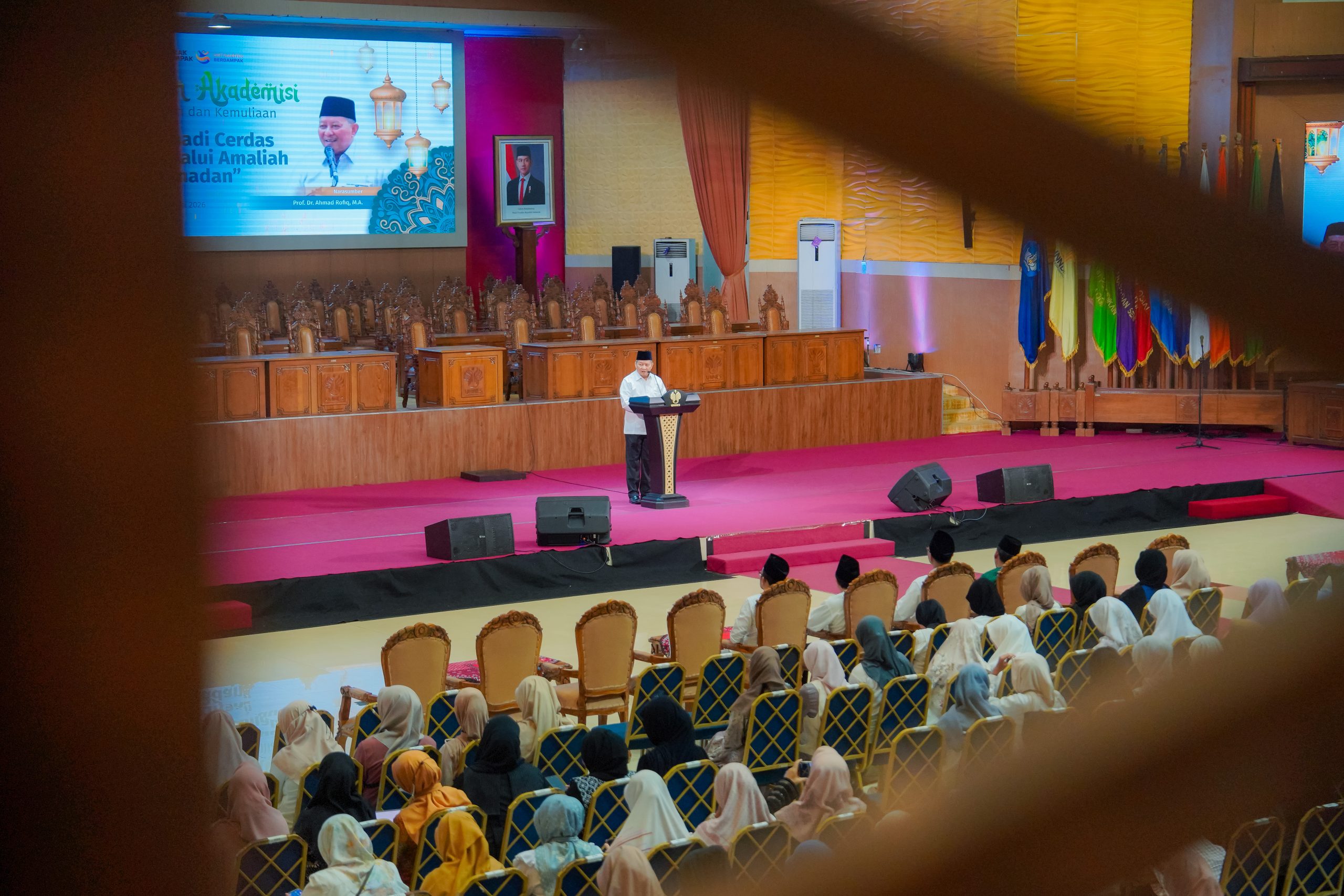Dewasa ini, penyakit tular vektor nyamuk menjadi salah satu masalah kesehatan masyarakat di Indonesia, khususnya di Kabupaten Karanganyar. Pemberantasan penyakit yang ditularkan oleh nyamuk Aedes aegypti ini, perlu dilakukan oleh seluruh lapisan masyarakat dari kalangan atas hingga bawah.
Hal tersebut mendorong dosen dan mahasiswa UNNES yang tergabung dalam program Pengabdian kepada Masyarakat bagi Dosen untuk melakukan pemberdayaan masyarakat terutama kelompok PKK di Dusun Sabrang Kulon melalui Program Innovative Community-Centered Dengue-Ecosystem Management.
Program ini dilaksanakan dengan membentuk kader jumantik dan pokja pengawas sanitasi lingkungan, edukasi kesehatan masyarakat berkaitan dengan vektor dan penyakit DBD, praktik pembuatan biopestisida dan eco-light trap.
“Melalui kegiatan ini, diharapkan Ibu-ibu PKK dapat melindungi anggota keluarganya dari infeksi DBD serta dapat berbagi informasi yang diperoleh kepada keluarga maupun warga yang lain,” ungkap Ketua Pelaksana sekaligus Dosen Jurusan Ilmu Kesehatan Masyarakat Fakultas Ilmu Keolahragaan UNNES drh Dyah Mahendrasari Sukendra MSc.
Program Innovative-Community-Centered Dengue-Ecosystem-Management berupaya melakukan pencegahan DBD melalui pengelolaan ekosistem dengan berpusat pada warga yang inovatif. Yakni dengan mencari ide-solusi, berfokus pada pengetahuan, edukasi, keterbaharuan informasi, kerjasama antar warga dalam melakukan pencegahan DBD. Sebelumnya program ini telah berhasil diujicobakan di wilayah Yogyakarta tepatnya di daerah Demangan, Giwangan, Tahunan, dan Bener.
Menurut peserta pengabdian, praktik pembuatan biopestisida dan eco-light trap yang diberikan sangat ramah lingkungan dan aman untuk digunakan. Hal tersebut dilakukan dengan memanfaatkan bahan bekas pakai untuk eco-light trap serta daun pandan wangi dan umbi bawang putih untuk biopestisida.
Kegiatan pengabdian masyarakat bagi dosen ini diprakarsai oleh empat dosen Ilmu Kesehatan Masyarakat UNNES, yakni drh Dyah Mahendrasari Sukendra MSc, dr Fitri Indrawati MPH, Bertakalswa Hermawati SPsi MSi, dan drg Yunita Dyah Puspita Santik MKes(Epid). Kegiatan ini merupakan perwujudan nyata dari tri darma perguruan tinggi yaitu memberikan dampak positif bagi masyarakat, manusia, dan kemanusiaan.



